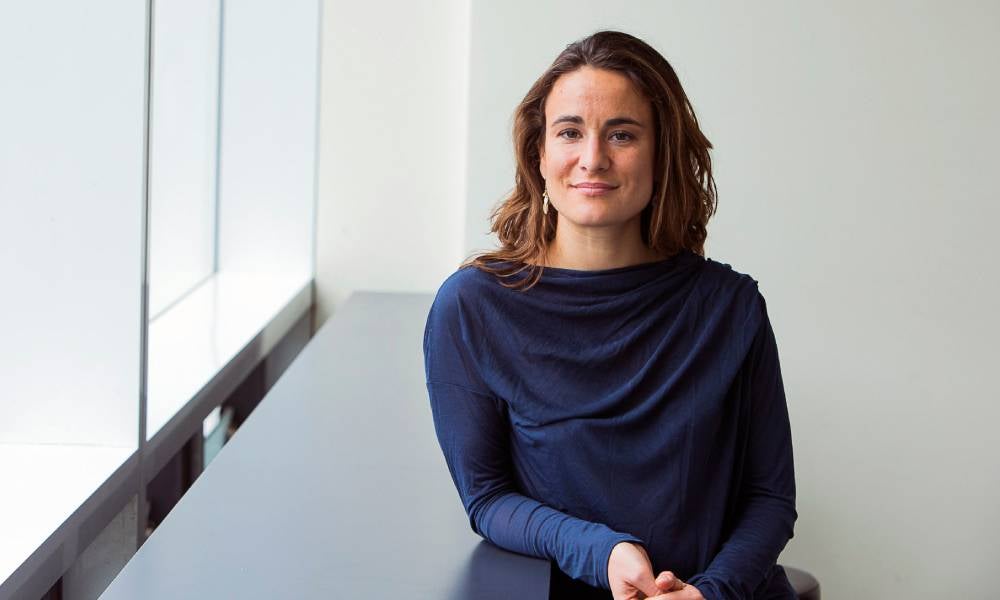Should we arrest social media CEOs or regulate their platforms?
Four economists have dismantled the mechanisms that lead young people to use social networks, even against their will, writes UNSW Business School’s Pauline Grosjean
The arrest and indictment of Pavel Durov in connection with the use of his Telegram platform by criminal organisations has reignited debates about the dangers of social media, particularly for the mental health of young people. While some cry foul over infringements on freedom of speech, others question the effectiveness and intended outcomes of this arrest. Indeed, could we have managed the public health crisis related to tobacco by simply arresting company CEOs, without regulating prices or restricting access to cigarettes by underage users (who, in the case of social media, can additionally access the product for free)?
You might say that social media is not tobacco. In particular, we know that tobacco use leads to negative externalities – that is, negative impacts on those who choose not to smoke – due in part to the dangers of exposure to second-hand smoke. Tobacco, especially among young people, generates another externality known as a "network externality": the more others smoke, the more one is inclined to smoke – for example, to fit in with the smoking crowd in the bathroom (or, in the office worker version, to be part of the cigarette break). This is a fundamental principle of public economics: goods and services that generate negative externalities must be regulated (taxed).

And that's how social media is much more like tobacco than you might think. The consumption of social media, like cigarettes, is highly social. It therefore generates network externalities: the more users a platform has, the more others are inclined to join, to find their friends there, for example. And these externalities can be negative for those who are not on the platform: the fear of missing out (on the next party or an important event), the fear of being excluded or looked down upon. If this is the case, the presence of negative externalities justifies public regulation of the use of networks, which goes well beyond the possible misuse of networks for criminal purposes.
Evidence of such negative externalities is provided by a recent study, When product markets become collective traps: The case of social media, by Leonardo Bursztyn, Benjain Handel, Rafael Jimenez and Christopher Roth (Working paper 31771, National Bureau of Economic Research). To do this, the four economists asked more than 1000 American students if they were willing to deactivate their Instagram or TikTok account under two possible scenarios: if no other user deactivates, or if all other students also deactivate.
The results are clear. If no other user deactivates, no participant wants to deactivate their account. On the other hand, many would want to stop using the social network if others did the same. In particular, a majority of students (60%) would wish to delete their TikTok account if all students did the same (46% in the case of Instagram). They would even be willing to pay ($24, on average) to delete their TikTok account, provided that everyone else does the same.
Subscribe to BusinessThink for the latest research, analysis and insights from UNSW Business School
This is how the authors conclude that there is a consumption trap, where consumers are trapped by the very fact that others are consuming. The reason why this result is fundamental is that it challenges a fundamental principle: the consumption of a good is not solely a matter of individual responsibility but rather involves a collective responsibility. This result also proves unfounded the pseudo-defenders of freedom of expression. As Rousseau wrote in 1763: "Liberty consists less in doing one’s own will than in not being subject to that of others." However, it turns out that social networks constitute a universe that subjects us, from the very first click of subscription, to the wills of others.
Pauline Grosjean is a Scientia Professor of Economics at UNSW Sydney, a Fellow of the Academy of the Social Sciences in Australia, and a Fellow of the Centre for Economic Policy Research (CEPR). Her research studies the historical and dynamic context of economic development. In particular, she focuses on how culture and institutions interact and shape long-term economic development and individual behaviour. This article was originally published in Le Monde, and was translated from French to English for republishing.
